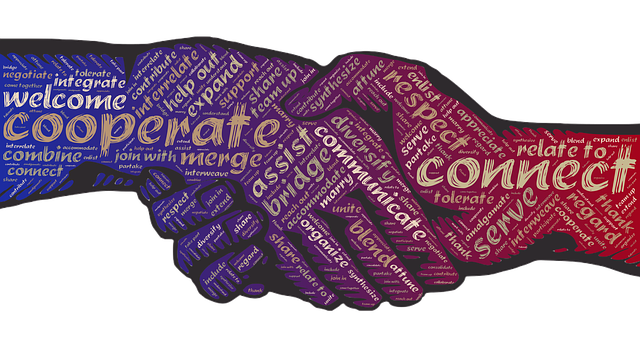In the previous post I discussed the Mindful City Project focused on a pilot in Highland Park, Illinois. This is only one example of the many initiatives being undertaken in the USA to develop mindful cities. Another key approach is the Mindful City Initiative undertaken by Mindful.Org. I will focus on this initiative in the current blog post.
Mindful City Initiative: Flint, Michigan
The Mindful City Initiative is a social intervention that is one of the three high-leveraged projects undertaken by The Foundation for a Mindful Society. The Foundation aims to improve wellness, health, compassion and kindness in all sectors of society through its publications, Mindful.Org and the Mindful Magazine, as well as projects which aim to cultivate and support mindfulness practices based on evidence-based research. It seeks to achieve these outcomes through an authentic approach to mindfulness that reflects the integrity of the not-for-profit Foundation.
Flint in Michigan is a city that has experienced major crises, e.g. reduction in the GMH workforce from 80.000 at its peak in 1978 to 8,000 by 2010 and lead contamination of its water. The Mindful City Initiative in Flint is designed to utilise mindfulness to assist the regeneration of the city so that it can become, once again, a thriving, healthy and resilient community.
In pursuit of this aim, a two-day workshop – developed and delivered by the Search Inside Yourself Leadership Institute (SIYLI) – was conducted for civic leaders encompassing leaders in businesses, education organisations, healthcare, and philanthropy. SIYLI provides leadership training in mindfulness and emotional intelligence, as well as extensive mindfulness resources, including the latest neuroscience research on mindfulness practices.
The leaders in Flint developed a vision of a “flourishing community” and sought the help of the Mindful City Initiative to develop leadership skills that will achieve active collaboration and innovation to realise their vision. Through this initiative, Mindful.org is linking the city leaders to teachers, partners and programs in the mindfulness arena, as well as providing access to their publications and mindfulness practices offered via their major social media site.
A further initiative is planned for Jackson Hole, Wyoming. The focus here is on “bringing together city leaders and neuroscientists” to enhance civic leadership skills to enable leaders in different sectors to work together to create a sustainable, “healthy community”.
Through social innovations such as the Mindful City Initiative, organisations are working to enable civil leaders to grow in mindfulness and transfer their knowledge, learning and experience to the broader community for the health, welfare and sustainability of their communities.
____________________________________________
Image by John Hain from Pixabay
By Ron Passfield – Copyright (Creative Commons license, Attribution–Non Commercial–No Derivatives)
Disclosure: If you purchase a product through this site, I may earn a commission which will help to pay for the site, the associated Meetup group and the resources to support the blog.

